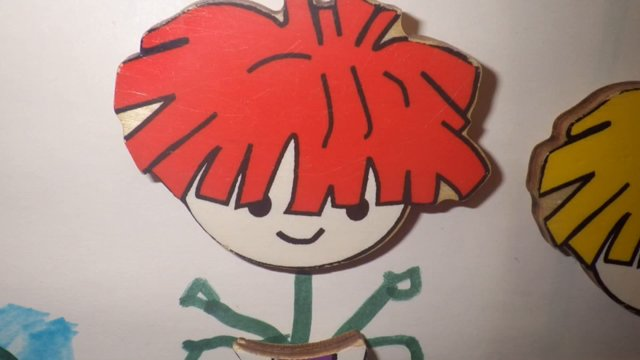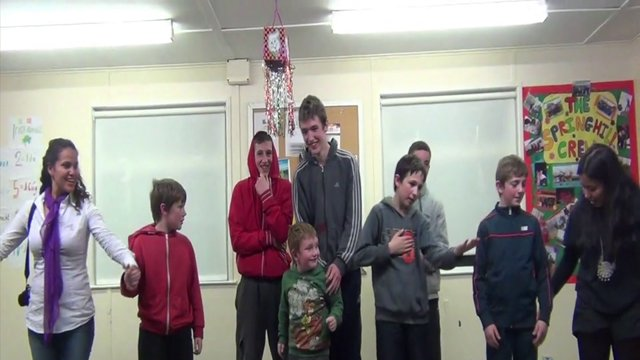I feel like I am walking on the edge of a cliff and at any moment I might fall off.
Community research reveals a hidden story of high levels of depression, stress and anxiety, houses being repossessed and growing family debt.
A series of regular Communities in Action focus groups held between 2012 and 2014 provide a detailed account of how the long recession, austerity measures and social security changes are affecting individuals and families across Northern Ireland. Their collective findings highlight the human cost of current policies and suggest a heavy social, health and economic cost for Northern Ireland, in years to come. You can read about these findings in the latest reports 2014: Hard Times and in 2013: Money worries.
Community produced films
Several of the CiA groups have made short films to tell their stories and highlight issues from their research, with support from the PSE.You can watch films by Ardoyne, Doury Road, Fountain Street and Lettershandoney on their community pages.
Watch the latest films on youth issues below. Hopes and Dreams is a film made by young people in Ardoyne about how they cope with the digital divide and their proposed solutions. And IF... is a film made with support from BBC Children in Need, about the theatre work young people have been doing in Fountain Street and Springhill to tell their stories and change their situation.
These films made in 2014 are the copyright of the CiA Collaboration.
Community findings
We don't really think we have anything to turn to. There are no other options left.
Woman, County Derry/Londonderry
The following are just some of the community messages identified through analysis of recorded focus group conversations held by Communities in Action groups between July 2012 and February 2014.
- Rising living costs are making even the bare essentials unaffordable for some.
- Debt and financial insecurity is affecting many individuals and families which in turn impacts on the wider community
- Money worries, anxiety and fears over changes to the Social Security system are profoundly impacting on people’s physical and mental health
- These stresses are placing great pressure on family life and relationships
- Computers and internet access are unaffordable for many families (creating a digital divide for young people in education)
- Tenants are struggling with rent payments and homeowners are struggling to keep up with their mortgages. Some people are losing their homes.
- Many people feel they are losing any security they had built up in recent years.
Since July 2012, most participating communities have run local focus group sessions roughly every 6 months to document the changing situation for people on low income in Northern Ireland and the everyday realities of poverty and social exclusion behind national statistics. The first set of community conversations in the autumn of 2012 provided baseline information. A second round of focus groups held in the spring and summer of 2013 looked at living standards and basic necessities. A third round of focus groups held between winter of 2013 and spring 2014 looked in more detail at the impact of debt and financial insecurity on families in the run up to or aftermath of Christmas.
Want to find out more?
Read the PSE working paper: Community engagement in challenging times (2013) and the Communities in Action report, Hard Times: Action Research as a Community Tool (2014) for more information on the research process behind these findings and community led solutions.
Explore the latest findings from PSE research and how people in Northern Ireland are faring compared to the rest of the UK.
Find out what the majority people in Northern Ireland think are basic necessities for adults and for children on the PSE Research heatmaps for adults and children.
Find out how the conflict in Northern Ireland has impacted on people's physical and mental health.
Visit the CFNI Communities in Action website for more information on this CFNI project.






 PSE:UK is a major collaboration between the University of Bristol, Heriot-Watt University, The Open University, Queen's University Belfast, University of Glasgow and the University of York working with the National Centre for Social Research and the Northern Ireland Statistics and Research Agency. ESRC Grant RES-060-25-0052.
PSE:UK is a major collaboration between the University of Bristol, Heriot-Watt University, The Open University, Queen's University Belfast, University of Glasgow and the University of York working with the National Centre for Social Research and the Northern Ireland Statistics and Research Agency. ESRC Grant RES-060-25-0052.






